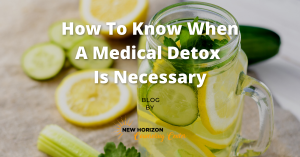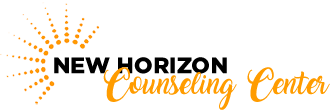
A medical detox is necessary when a person is physically dependent on a substance, such as drugs or alcohol, and the abrupt cessation of use could lead to severe withdrawal symptoms. Some signs that may indicate a medical detox is necessary include:
- Physical withdrawal symptoms: These can include tremors, seizures, sweating, vomiting, and insomnia, among others.
- Psychological withdrawal symptoms: These can include depression, anxiety, and agitation, among others.
- History of severe withdrawal: If a person has experienced severe withdrawal symptoms in the past, there is a higher likelihood that they will experience them again.
- Concurrent medical conditions: If a person has a medical condition that could be exacerbated by withdrawal, such as heart disease, they may need a medical detox.
- Polydrug use: If a person is using multiple substances, they may require a medical detox because withdrawal from one substance can lead to withdrawal symptoms from others.
The addiction treatment process typically involves several steps:
- Assessment and Evaluation: The first step in addiction treatment is to assess the extent of the addiction and any co-occurring mental health conditions. This involves a comprehensive evaluation of the person’s medical, psychological, and social history.
- Detoxification: The second step is to detoxify the body from the substance(s) of abuse. This can involve medications to manage withdrawal symptoms and medical monitoring to ensure the safety and comfort of the person undergoing detox.
- Individual Therapy: The third step involves individual therapy, which can include behavioral therapy, cognitive-behavioral therapy, and motivational interviewing. The goal of therapy is to help the person develop the skills and strategies necessary to maintain abstinence and prevent relapse.
- Group Therapy: The fourth step involves group therapy, which can include support groups, 12-step programs, and other group therapy modalities. Group therapy provides social support and can help the person develop a sense of community and belonging.
- Medications: Medications may be used to help manage cravings and prevent relapse. These can include medications to treat opioid addiction, alcohol use disorder, and nicotine addiction, among others.
- Aftercare: After completing the initial phases of addiction treatment, the person may continue to receive ongoing support through aftercare programs such as sober living, continued therapy, and ongoing medical care.
It is important to note that addiction treatment is a highly individualized process and can vary depending on the person’s unique needs and circumstances. The most effective treatment plans are tailored to the individual and may include a combination of different therapies and interventions.
If you or a loved one is struggling with substance abuse and you are unsure if a medical detox is necessary, it is important to consult with a healthcare professional or addiction specialist who can provide guidance and support. Reaching out for help for your addiction is a significant first step, but it isn’t the only step. However, if you do those things and stick to your plan, you should be able to succeed in your treatment plans with the help of the New Horizon Counseling Center.


